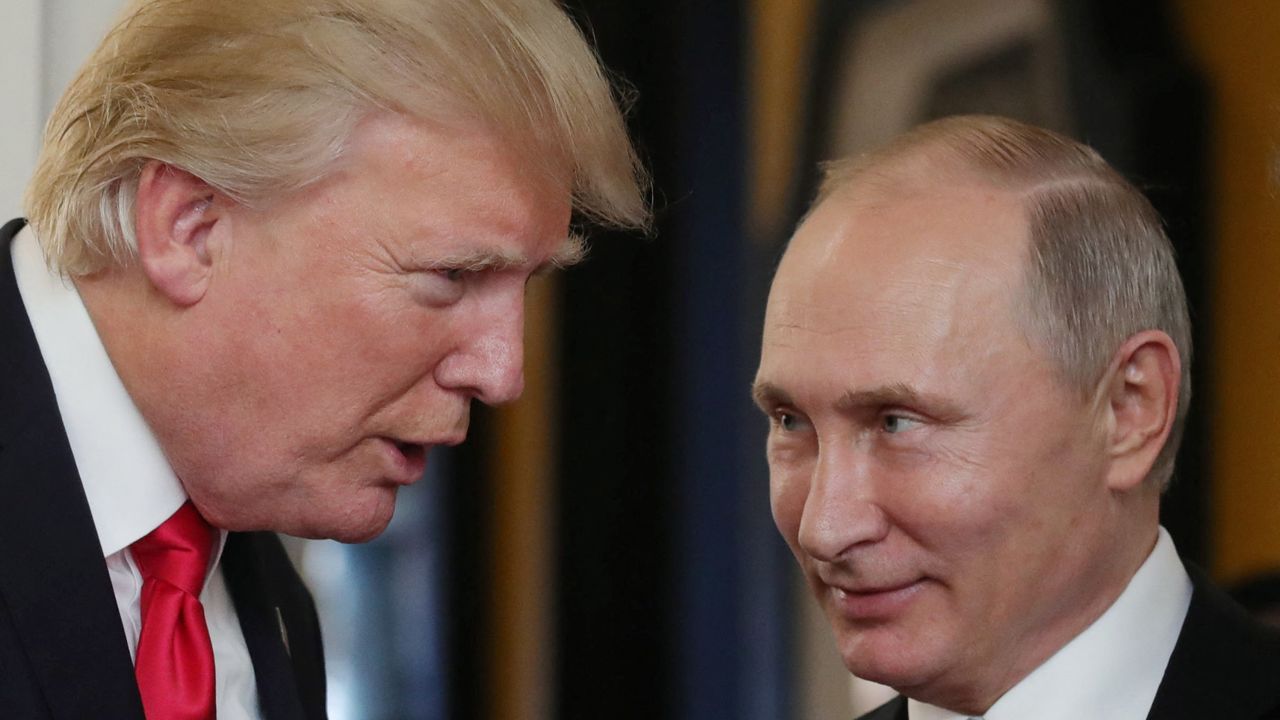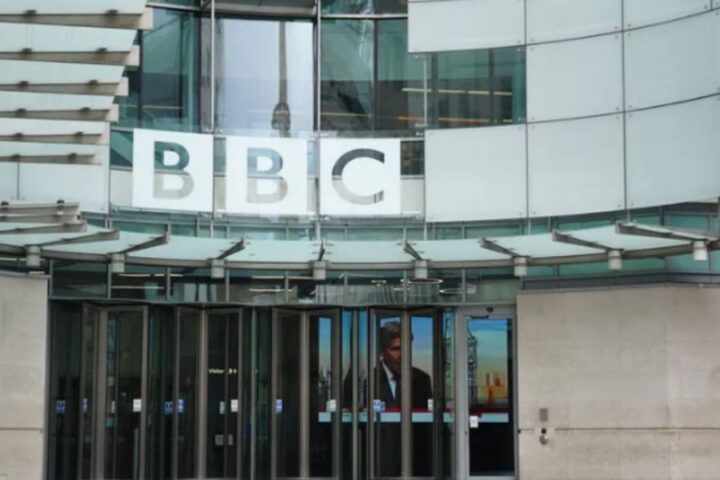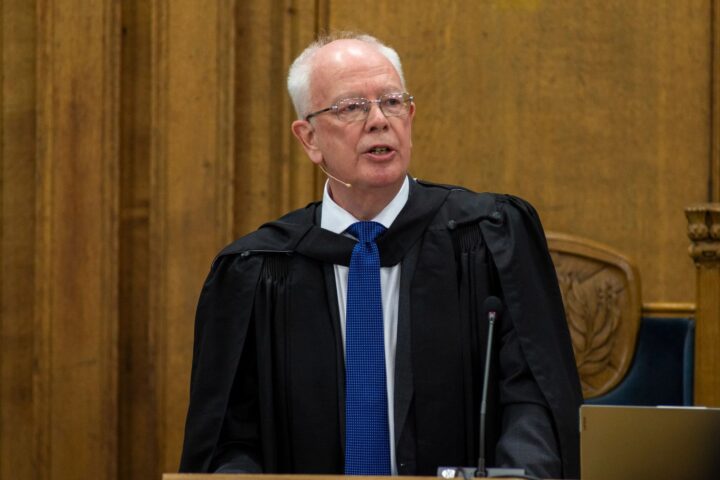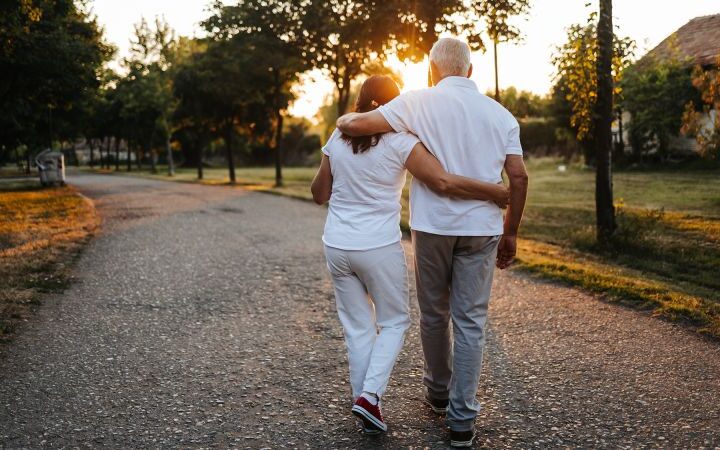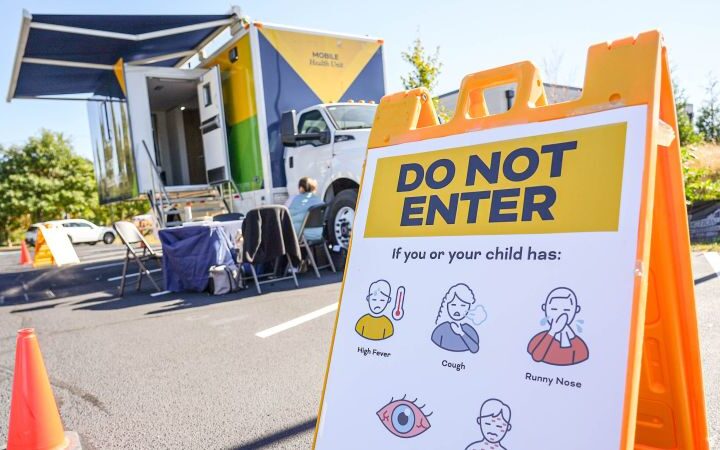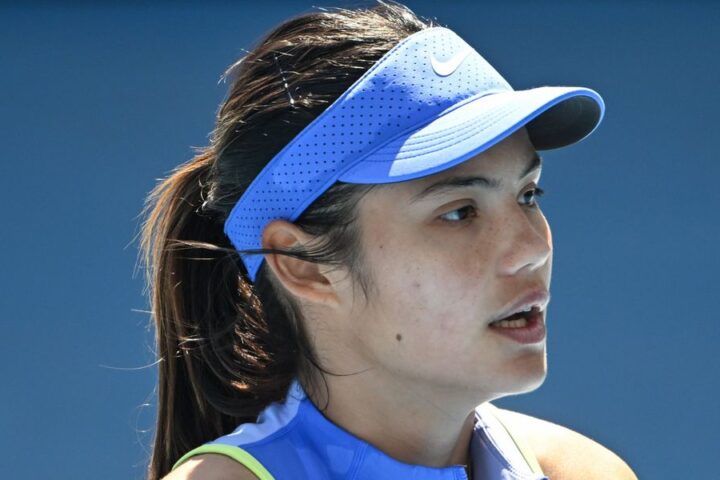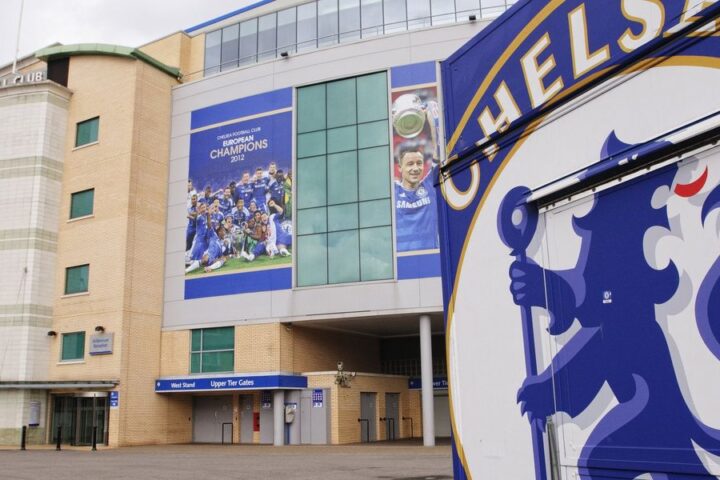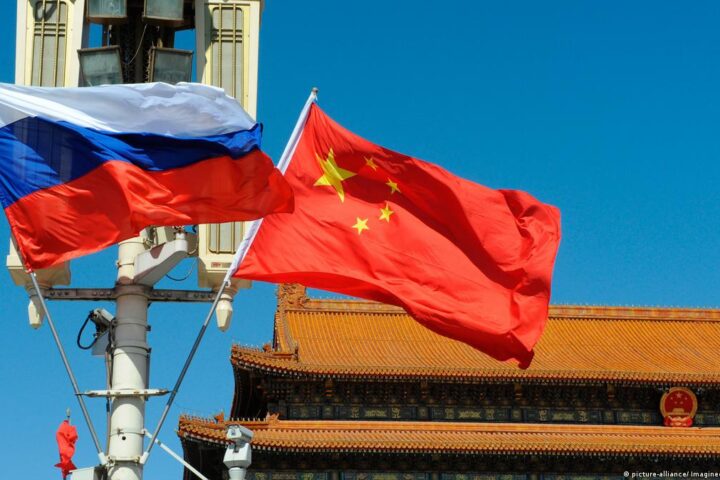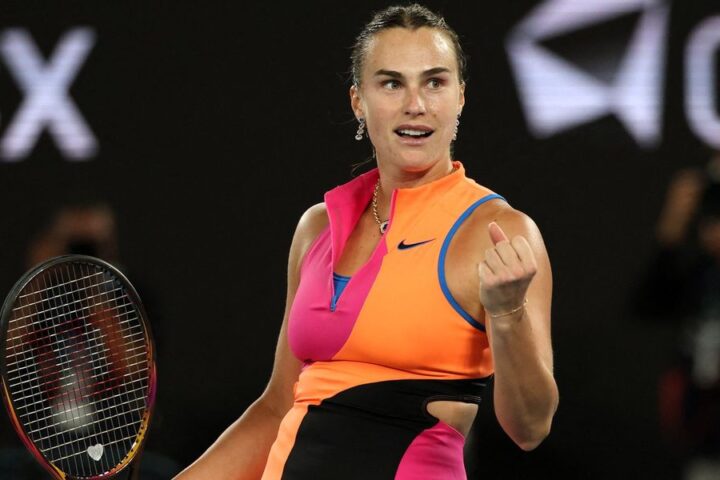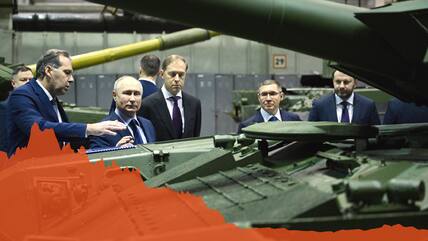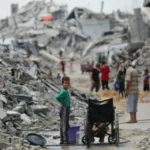On the night of April 24, 2025, Russia launched one of the most extensive missile and drone strikes on Kyiv since the beginning of the full-scale war. According to the Ukrainian Air Force, 215 airborne targets were fired, with 112 being successfully intercepted. The attack led to at least 12 deaths and left over 90 people wounded. The strike, which occurred while most residents were asleep, clearly points to the terrorist nature of the operation.
Unexpectedly, US President Donald Trump responded to the assault. Although he had avoided direct criticism of the Kremlin before, this time he made a sharp appeal to Putin via his social network, Truth Social: “Vladimir, stop! 5000 soldiers are dying every week. Let’s make a peace deal!” This call reflects Trump’s growing frustration with the ongoing war and stalled peace talks, which he had actively attempted to end through diplomatic channels.
However, in the following paragraph, Trump changed his tone, accusing the Ukrainian leadership of blocking peace by refusing to concede Crimea. He referred to the peninsula as “lost a long time ago” and emphasized that this was the main stumbling block to peace. These remarks triggered mixed reactions across Europe, with diplomatic circles cautioning against an overly lenient stance towards the Kremlin, fearing it could legitimise Russian aggression.
European leaders were quick to condemn the attack on Kyiv, asserting that Russia was fully responsible for escalating the conflict. Emmanuel Macron, President of France, declared: “**There is only one aggressor — Russia,” stressing the need for an immediate ceasefire without preconditions. He further stated that Russia had once again shown its strategy was not about negotiations, but about destruction and fear.
Friedrich Merz, Chancellor of Germany, accused Putin of attempting to break the spirit of the Ukrainian people and stated that peace initiatives should focus on halting the terror, rather than making concessions to the aggressor.
Keir Starmer, Prime Minister of the United Kingdom, condemned the strikes as “horrific attacks on civilians” and underscored the need for an immediate ceasefire without any compromises with the aggressor.
Giorgia Meloni, Prime Minister of Italy, stated: “In 21st-century Europe, there is no place for missiles targeting children’s hospitals. This is terrorism, and we must respond as an alliance, not as individual countries.“
This attack seemed especially cynical, considering it occurred just before the scheduled visit of US Special Representative Steve Witkoff to Moscow. Western diplomats viewed this action as an outright rejection of peace efforts, signalling not just an ignorance of diplomacy but a deliberate undermining of any attempts at negotiation.
Meanwhile, Putin continues to demonstrate that for him, diplomacy is merely a façade for his plans to escalate the war further. “He is striking Kyiv while diplomatic efforts are underway, which is not just neglect, but open deception. The world must respond with more than just statements, but with concrete actions,” emphasised Western diplomats.
NATO also strongly condemned Russia’s missile and drone attacks, highlighting that these are part of Kremlin’s strategy to break the spirit of the Ukrainian people. The alliance affirmed its readiness to increase its presence in the region, particularly in Poland and the Baltic states, and to continue providing military aid to Ukraine.
Despite Trump’s call for a “peace agreement,” European leaders stress that true peace can only be achieved once Russia halts its aggressive actions and withdraws its forces from Ukrainian territory. They underscore that no peace initiative should include concessions to an aggressor who is violating international law.
In response to the recent attacks on Kyiv, European leaders are calling for tougher sanctions against Russia and the provision of additional military support to Ukraine to bolster its defence.
